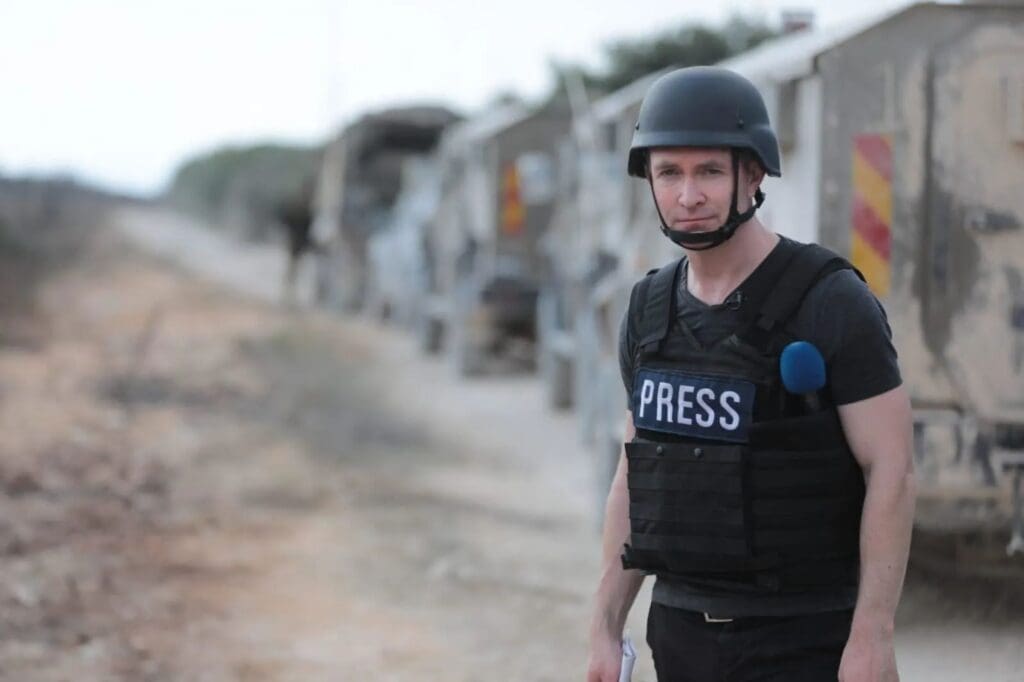The world’s eyes are once again focused on the south of Lebanon, as the Israel Defense Forces continues its war against Hezbollah.
The IDF took me into Lebanon Saturday to see firsthand some of what it has already found.
Support authors and subscribe to content
This is premium stuff. Subscribe to read the entire article.
Login if you have purchased
